In the Gilded Age of the millionaire, wealth signified ownership. The titans of old built railroads, monopolized oil, and bought their indulgences in yachts, mansions, and eventually, sports teams. A franchise was the crown jewel: a visible, glamorous token of success. But that era is over. Today’s billionaires, those who tower, not with millions but with unimaginable billions, find sports teams and other baubles beneath them. For this new aristocracy, the true prize is authorship of History (with a capital “H”) itself.
Once you pass a certain threshold of wealth, it seems, mere possessions no longer thrill. At the billionaire’s scale, you wake up in the morning searching for something grand enough to justify your own existence, something commensurate with your supposed singularly historical importance. To buy a team or build another mansion is routine, played, trite. To reshape the very framework of society—now that is a worthy stimulus. That is the game. And increasingly, billionaires are playing it.
Look closely at the moves of men like Peter Thiel, Elon Musk, Jeff Bezos, Marc Andreessen, Larry Ellison, Mark Zuckerberg, Bill Gates, and others. Their empires extend, not just over products and markets but over political culture, public institutions, and even national policy. They cast themselves as visionaries, masters of grand strategies invisible to ordinary eyes. They fund initiatives that fracture public life, manipulate information ecosystems, and bend governments toward serving private rather than public interests. Their reward is not merely financial return but the intoxicating sense of power that comes from steering the destiny of millions.
Hence, nothing startling or puzzling in their fascination with transhumanism, for instance, or radical life extension, or the technological pursuit of immortality. Many of the same figures who bankroll think tanks and media platforms also invest heavily in longevity biotech, cryonics, brain-computer interfaces, and artificial general intelligence (AGI) research. Their interest is not only speculative engineering; it is existential. For some, the quest for radically extended life or the ability to preserve or upload consciousness promises a literal escape hatch from mortality—a way to make their projects and preferences persist beyond a single lifespan. For others, belief in a coming “singularity” and the transformative power of AGI supplies both a metaphysical narrative and a practical tool: If intelligence can be engineered and amplified, then so too can social order. This fusion of immortalist yearning and techno-utopianism explains why investments in AI, neural interfaces, and longevity industries sit comfortably alongside their type of political interventions: Both are attempts to institutionalize control over the future, to render one’s will durable across time and bodies.
The strategies vary in method but not in essence. One path has been the evisceration of the working class through globalization. By financing the offshoring of jobs, billionaires restructured the global economy in ways that hollowed out American towns while enriching multinational corporations. The move was not simply about lowering costs. It was a restructuring of social power—weakening organized labor, disempowering the industrial base, and leaving workers in constant insecurity. A diminished working class is easier to control.
Another path has been through culture and media. Billionaires have poured money into think tanks, foundations, and media platforms, not simply to influence policy but to shape what can even be discussed in the first place. When the world’s wealthiest individuals own the megaphones, the boundaries of acceptable debate unsurprisingly shrink to what suits their interests. What we see is not merely ownership of companies but ownership of discourse; the power to decide which ideas circulate and which die in obscurity.
Still, another strategy involves direct policy warfare. For decades, billionaire-backed movements have sought to dismantle the social safety net, shrinking the welfare state until it can barely function. Ostensibly, this is done in the name of efficiency, but the effect is brutally clear: Millions forced into precarity, vulnerable populations left exposed, and minorities disproportionately harmed. Such policies don’t happen by accident; they are engineered through lobbying, campaign financing, and strategic political donations. The result is a polity where the government serves private profit more than public welfare.
At the same time, billionaires have fueled divisions that weaken democratic solidarity. The stoking of identity-based conflicts—pitting groups against one another over cultural issues—distracts from the consolidation of economic power at the top. Immigration, terrorism, and crime are hyped, not because they are unmanageable threats but because fear justifies surveillance, militarization, and new tools of control. By the time the public realizes what has happened, the state has been repurposed into a security apparatus that protects, not citizens but capital.
This is not to suggest that billionaires meet in secret to plot each of these moves together. Instead, it is to point out that they meet openly and plot and strategize and tell us exactly what they plan to do in glittering gatherings, such as the Bilderberg Meetings, the World Economic Forum in Davos, the Aspen Ideas Festival, the Milken Institute Global Conference, etc. Because, after all, History and the Future are theirs to design, and democracy is merely a clay to be molded here and there by their collective strategic genius.
The danger is not only that this distorts democracy but that it erodes the very principle of democratic agency. When a handful of individuals hold the power to rewire economies, manipulate debates, and reshape policies at will, ordinary citizens are reduced to spectators. Political life becomes a contest, not of ideas but of bankrolls. The myth that all citizens have equal say in democracy collapses under the sheer gravitational pull of billionaire ambition.
Defenders will say this is just philanthropy or “visionary leadership,” that great fortunes bring with them great “responsibility.” But responsibility without accountability is not democracy—it is monarchy by another name. When billionaires intervene in climate policy, education, or even space exploration, their priorities may align with the public good for a time, but what happens when they don’t? Who checks them? Who votes them out?
If democracy is to mean anything, it cannot allow its destiny to be the playground of a few titans seeking meaning through stimulation. The ownership of History must remain collective, not private. That requires reining in billionaire power by imagining a whole new way of doing politics and government that renders the oceans of money that billionaires control null currency in the arena of democratic decision making.
Ahmed Bouzid is the co-founder of The True Representation Movement.



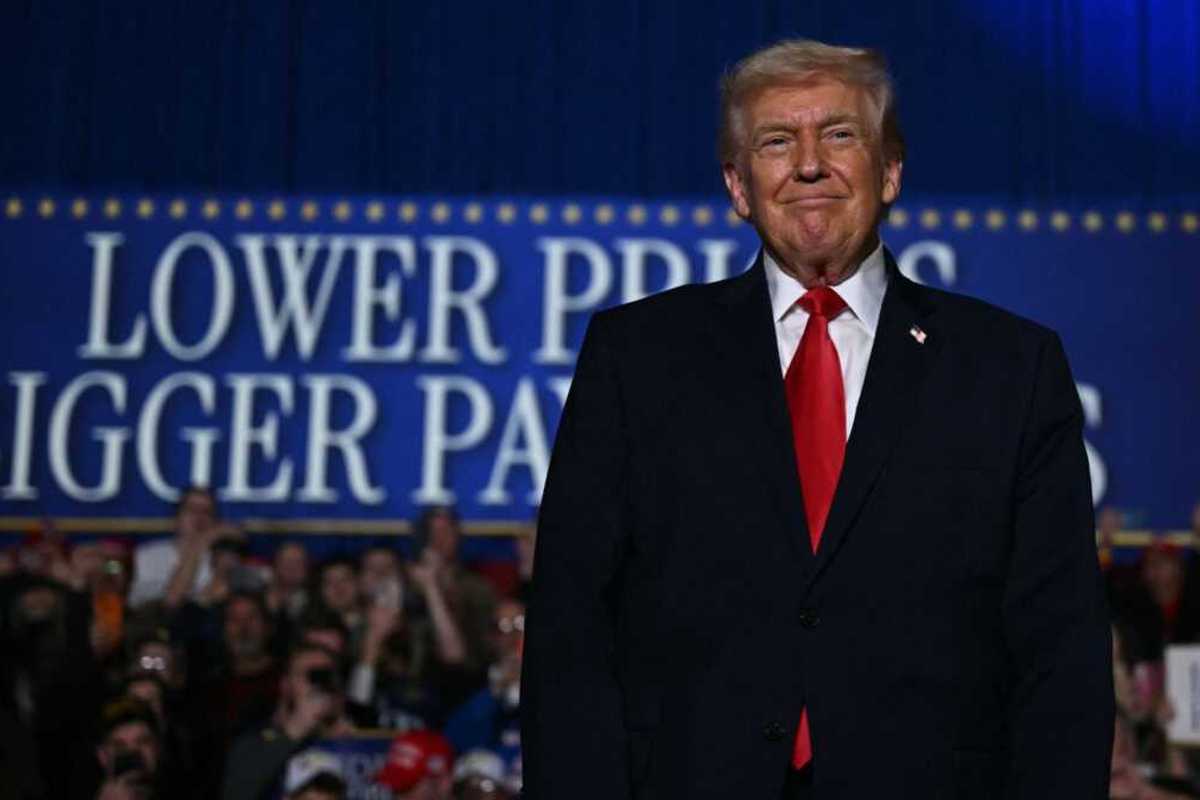




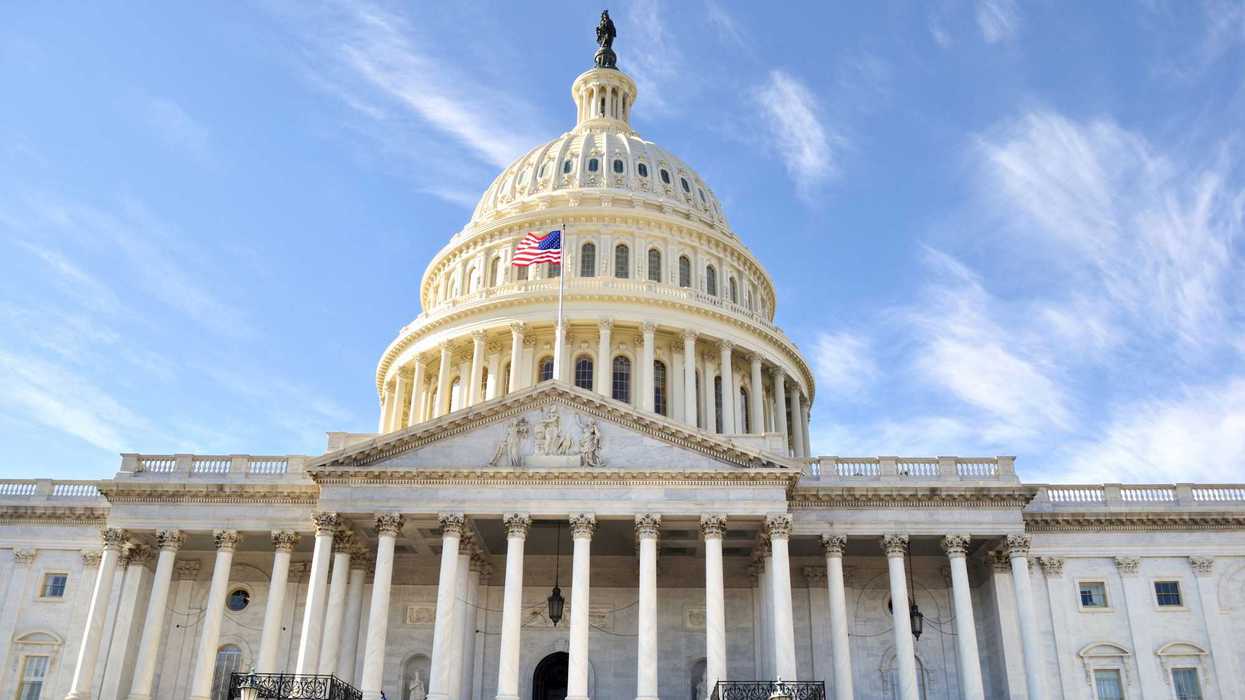
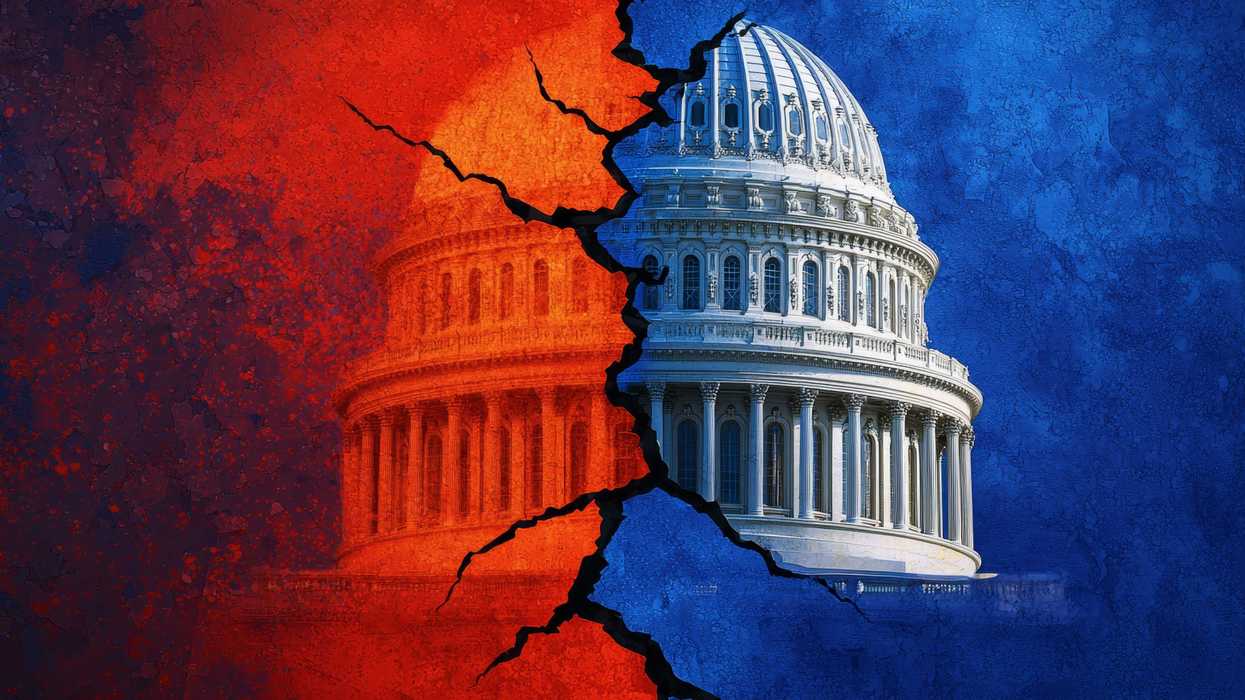






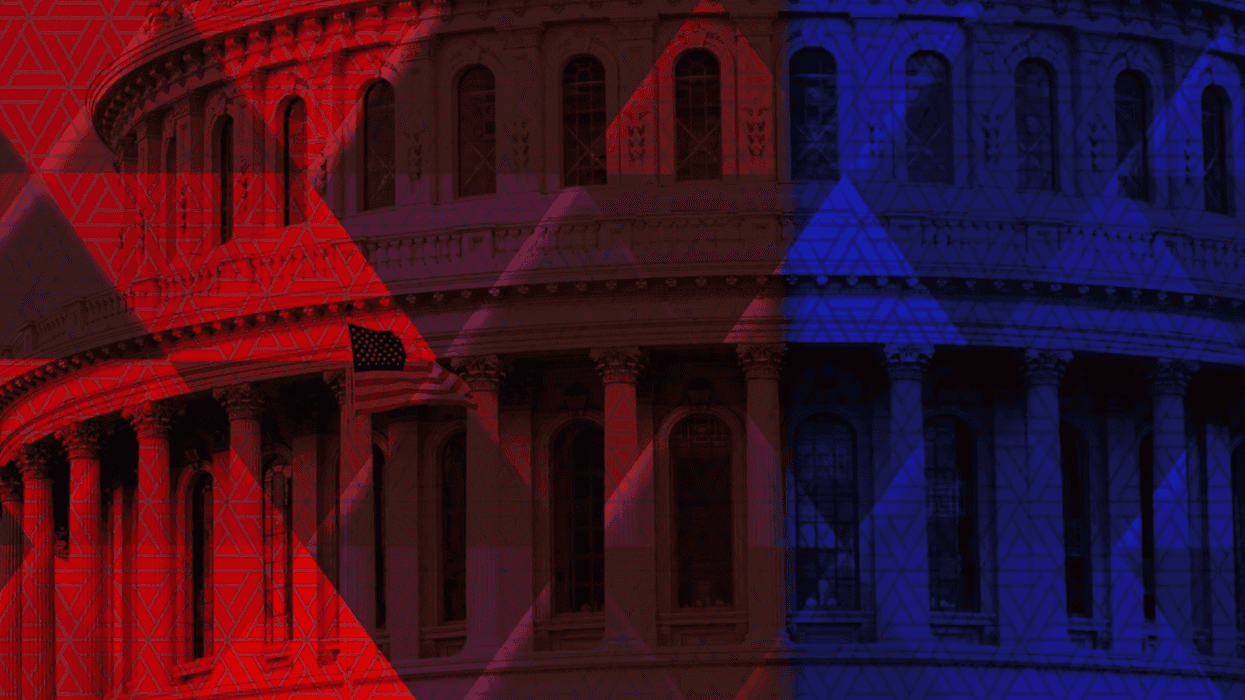
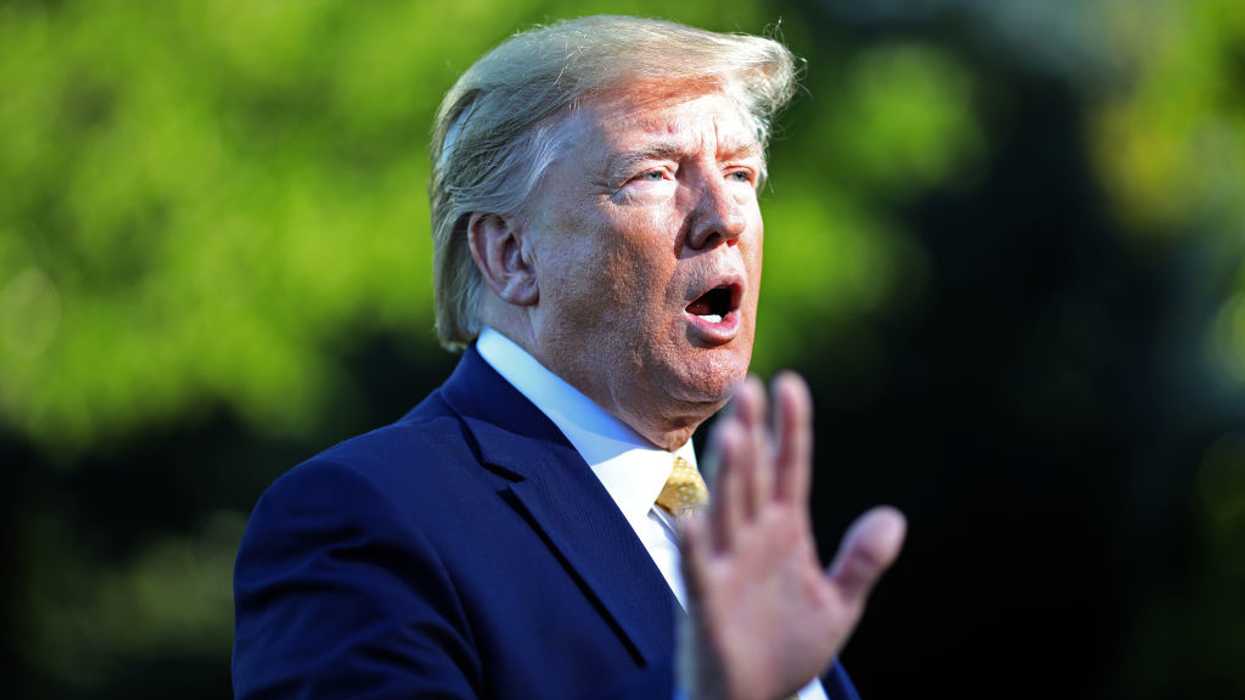
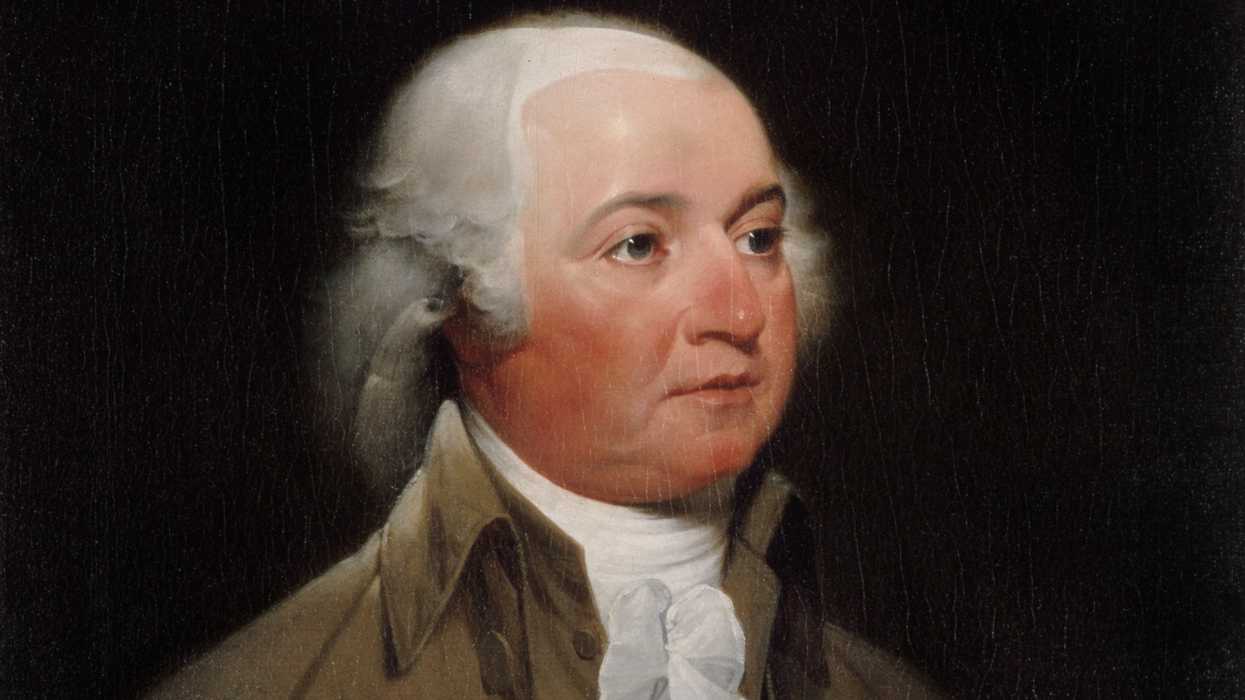
Eric Trump, the newly appointed ALT5 board director of World Liberty Financial, walks outside of the NASDAQ in Times Square as they mark the $1.5- billion partnership between World Liberty Financial and ALT5 Sigma with the ringing of the NASDAQ opening bell, on Aug. 13, 2025, in New York City.
Why does the Trump family always get a pass?
Deputy Attorney General Todd Blanche joined ABC’s “This Week” on Sunday to defend or explain a lot of controversies for the Trump administration: the Epstein files release, the events in Minneapolis, etc. He was also asked about possible conflicts of interest between President Trump’s family business and his job. Specifically, Blanche was asked about a very sketchy deal Trump’s son Eric signed with the UAE’s national security adviser, Sheikh Tahnoon.
Shortly before Trump was inaugurated in early 2025, Tahnoon invested $500 million in the Trump-owned World Liberty, a then newly launched cryptocurrency outfit. A few months later, UAE was granted permission to purchase sensitive American AI chips. According to the Wall Street Journal, which broke the story, “the deal marks something unprecedented in American politics: a foreign government official taking a major ownership stake in an incoming U.S. president’s company.”
“How do you respond to those who say this is a serious conflict of interest?” ABC host George Stephanopoulos asked.
“I love it when these papers talk about something being unprecedented or never happening before,” Blanche replied, “as if the Biden family and the Biden administration didn’t do exactly the same thing, and they were just in office.”
Blanche went on to boast about how the president is utterly transparent regarding his questionable business practices: “I don’t have a comment on it beyond Trump has been completely transparent when his family travels for business reasons. They don’t do so in secret. We don’t learn about it when we find a laptop a few years later. We learn about it when it’s happening.”
Sadly, Stephanopoulos didn’t offer the obvious response, which may have gone something like this: “OK, but the president and countless leading Republicans insisted that President Biden was the head of what they dubbed ‘the Biden Crime family’ and insisted his business dealings were corrupt, and indeed that his corruption merited impeachment. So how is being ‘transparent’ about similar corruption a defense?”
Now, I should be clear that I do think the Biden family’s business dealings were corrupt, whether or not laws were broken. Others disagree. I also think Trump’s business dealings appear to be worse in many ways than even what Biden was alleged to have done. But none of that is relevant. The standard set by Trump and Republicans is the relevant political standard, and by the deputy attorney general’s own account, the Trump administration is doing “exactly the same thing,” just more openly.
Since when is being more transparent about wrongdoing a defense? Try telling a cop or judge, “Yes, I robbed that bank. I’ve been completely transparent about that. So, what’s the big deal?”
This is just a small example of the broader dysfunction in the way we talk about politics.
Americans have a special hatred for hypocrisy. I think it goes back to the founding era. As Alexis de Tocqueville observed in “Democracy In America,” the old world had a different way of dealing with the moral shortcomings of leaders. Rank had its privileges. Nobles, never mind kings, were entitled to behave in ways that were forbidden to the little people.
In America, titles of nobility were banned in the Constitution and in our democratic culture. In a society built on notions of equality (the obvious exceptions of Black people, women, Native Americans notwithstanding) no one has access to special carve-outs or exemptions as to what is right and wrong. Claiming them, particularly in secret, feels like a betrayal against the whole idea of equality.
The problem in the modern era is that elites — of all ideological stripes — have violated that bargain. The result isn’t that we’ve abandoned any notion of right and wrong. Instead, by elevating hypocrisy to the greatest of sins, we end up weaponizing the principles, using them as a cudgel against the other side but not against our own.
Pick an issue: violent rhetoric by politicians, sexual misconduct, corruption and so on. With every revelation, almost immediately the debate becomes a riot of whataboutism. Team A says that Team B has no right to criticize because they did the same thing. Team B points out that Team A has switched positions. Everyone has a point. And everyone is missing the point.
Sure, hypocrisy is a moral failing, and partisan inconsistency is an intellectual one. But neither changes the objective facts. This is something you’re supposed to learn as a child: It doesn’t matter what everyone else is doing or saying, wrong is wrong. It’s also something lawyers like Mr. Blanche are supposed to know. Telling a judge that the hypocrisy of the prosecutor — or your client’s transparency — means your client did nothing wrong would earn you nothing but a laugh.
Jonah Goldberg is editor-in-chief of The Dispatch and the host of The Remnant podcast. His Twitter handle is @JonahDispatch.